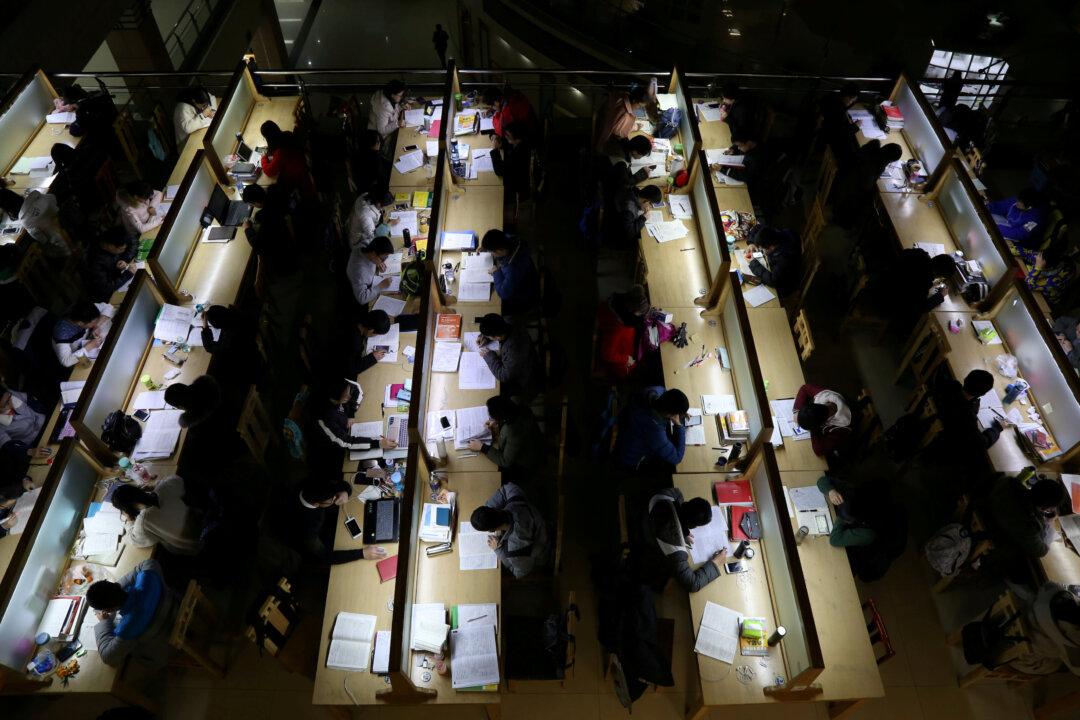BEIJING—Beijing on June 20 ordered a suspension of history exams run by a U.S. non-profit for students seeking credit at American colleges, as the ruling Communist Party cracks down on educational material it deems unfriendly.
The suspension of Advanced Placement (AP) tests will hit secondary school students looking to ease the academic workload at U.S. universities by earning credit for some college courses, enabling them to graduate faster.





